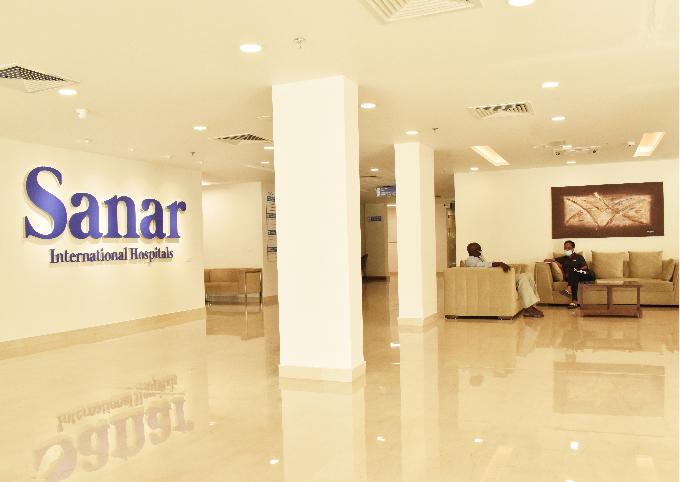Procedure Type
surgicalProcedure Duration
1 - 2 hrsHospital Stay (Days)
1-2 DaysPercutaneous Nephrolithotomy (PCNL) is a specialized surgical technique designed to remove large or irregularly shaped kidney stones. It is typically recommended when other treatments like medication or shock wave therapy are ineffective. By using a minimally invasive approach, PCNL allows direct access to the kidney through a small incision, offering faster recovery and high success rates.
Before performing PCNL, the medical team conducts a thorough evaluation that includes imaging tests such as CT scans or ultrasounds to determine the stone’s size, position, and structure. Blood and urine tests are also carried out to check kidney function and rule out infections. Patients may receive antibiotics in advance to prevent postoperative complications.
During PCNL, the patient is placed under general anesthesia. A small cut is made in the back, and a needle is passed into the kidney using ultrasound or X-ray guidance. A thin tube (nephroscope) is inserted through the tract to locate and break the stone using laser or ultrasonic energy. The pieces are then removed with special tools, and a temporary drainage tube may be left in place.

Associate Chief Urology & kidney transplant & Robotic Surgery

Senoir Consultant - Renal Sciences, Urology

Chief - Urology, Kidney Transplant Program & Robotic Surgery (Unit II)
The procedure is done under general anesthesia to ensure complete comfort and stillness during surgery. Depending on the kidney’s location and the surgeon’s preference, the patient is positioned either face-down (prone) or face-up (supine). Accurate positioning helps provide a safe and direct pathway to the kidney, minimizing the risk of injury.
Once the patient is prepped, the surgeon creates a small incision in the skin on the back. A needle is guided into the kidney under real-time imaging, and a wire is passed through this needle. This wire serves as a track for dilating the access point, allowing the insertion of a tube through which the nephroscope can enter the kidney chamber.
Most patients stay in the hospital for 1–2 days after PCNL. Mild discomfort, blood in urine, or soreness around the incision is normal and usually resolves quickly. Patients are advised to drink plenty of fluids and avoid heavy lifting for a few weeks. Regular follow-up helps ensure that all stone fragments are cleared and no new stones are forming.

Gurugram, India

Gurugram, India

Gurugram, India
Honest Guidance, Reliable Support, Seamless Journeys.
Provide Us
Reports


Get Medical
Opinions


Pre-Arrival
Arrangements


Visa
Support


Assistance in
Treatments


Fly back and
Follow Up

